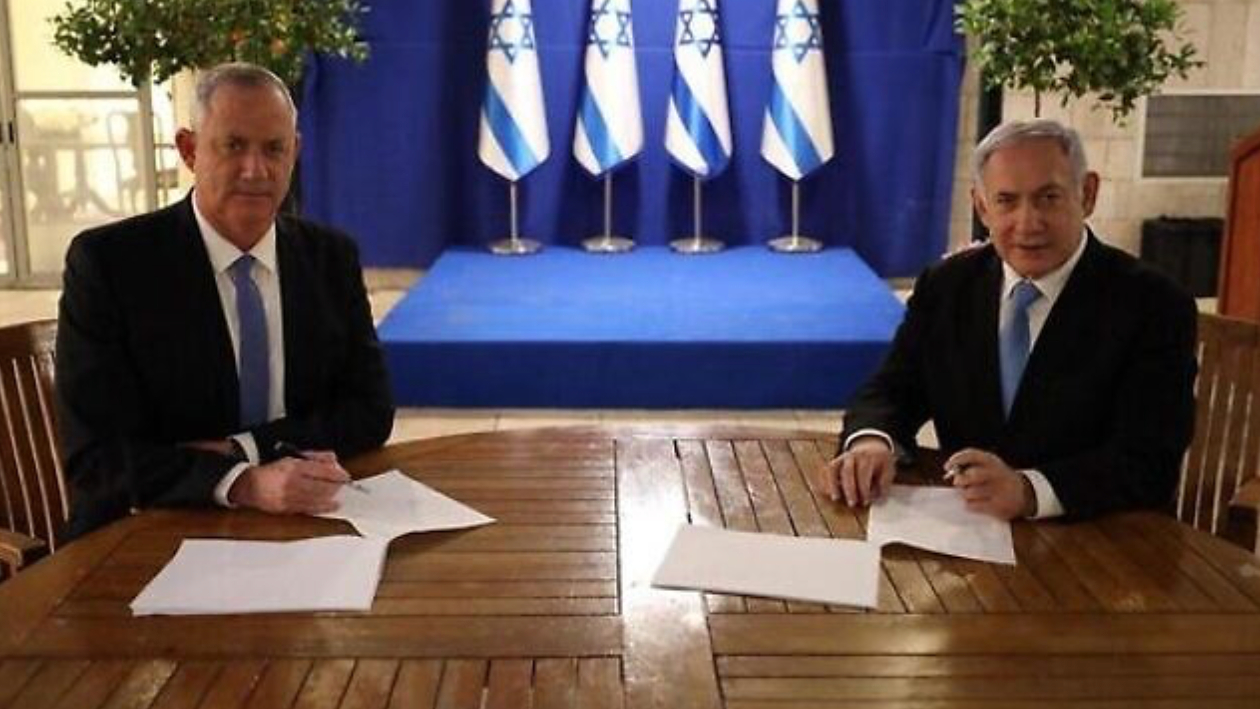On Tuesday, December 22, at midnight, the 23rd Israeli parliament was dissolved automatically after the government led by prime minister Benjamin Netanyahu failed to get the budget bill passed. This has paved the way for a fresh general election in Israel which will be held in March 2021. This will be the fourth general election since April 2019.
The Netanyahu-led unity government tried to pass a bill in the parliament on Monday which would have extended the parliamentary deadline for passing the budget and prevented the elections. However, due to the defection of a few of the Members of Knesset (MK), the ruling coalition failed to pass the bill by a vote of 47 to 49. The government was unable to resolve its internal differences within the stipulated time resulting in the automatic dissolution of the Knesset. As per the Israeli basic law, if the parliament fails to pass a budget within a stipulated time, it automatically gets dissolved and fresh elections are held within 90 days.
The unity government between rivals Benjamin Netanyahu of the Likud party and Benny Gantz of the Blue and White party was formed in May 2020 after no party or coalition could get a majority in the three consecutive elections held since April 2019.
The differences within the ruling coalition over the extent of the budget were widely known for the last few months. As per the unity agreement, Benjamin Netanyahu would have handed over the prime minister’s post to Benny Gantz in November 2021 after serving the first 18 months of the three-year alliance. Benny Gantz wanted a joint budget for 2020 and 2021 which would pave the way for stability and bypass the need for a fresh vote on budget when he is prime minister. However, Netanyahu was unwilling to do so.
Despite their claims to set aside their differences at the time of forming the unity government, the differences between Netanyahu and Gantz were apparent over the last seven months.
The fresh elections will be held amid the COVID-19 pandemic, protests and the ongoing trial against Netanyahu on corruption charges and the misuse of his position in the Israeli courts.
Advantage for ultra-right
As per the latest opinion polls in Israel, Netanyahu is facing a tough challenge from his ex-colleague and ex-minister Gideon Sa’ar who defected from Likud and formed the New Hope party. Sa’ar is expected to form an alliance with other right-wing parties who have been traditional allies of Likud for the upcoming elections.
Netanyahu is also facing anti-incumbency due to his government’s failure to deal with the COVID-19 pandemic which has resulted in over 3,100 deaths and almost 380,000 infections so far.
A possible alliance between Sa’ar’s New Hope and Naftali Bennett’s Yamina is expected to push Israeli politics further towards extreme right as both of them are considered more hawkish than even Netanyahu. The popularity of Benny Gantz has gone down after he broke his alliance with Yair Lapid’s Yesh Atid to join the government. His Blue and White Party is expected to get just four to five seats. The Israeli Labor party, which broke its alliance with other left parties and joined the government, is projected to not win a single seat in the upcoming elections as per the latest public opinion published by Channel 12 and Kan, as reported by Times of Israel.
The Arab Joint List, which also represents the left in Israeli politics, is expected to retain its vote share and seats in the 120-member Israeli parliament. Reacting to the failure of the bill to extend the period for the passing of the budget in the Knesset on Tuesday, Ayman Odeh, MK and the head of the Arab Joint List, called it an “the end of the government fueled by racism and fear” in a statement on his twitter page.
הממשלה הזאת נולדה מתוך גזענות ופחד ויש מסקנה אחת שאזרחים יהודים וערבים חייבים להסיק מהכנסת ה-23: כל מי שיוריד ראש מול הסתה ושנאה מיד יהפוך להיות הקורבן שלה.
הניסיון העקום להאריך את חיי הממשלה הזאת הייתה הכישלון האחרון שלה. הפעם אל תצפו מחיקוי להיות אלטרנטיבה.
— Ayman Odeh (@AyOdeh) December 21, 2020
Reacting to the dissolution of the parliament, both Gantz and Netanyahu claimed that they did everything to prevent the elections and accused each other of pushing the country to face fresh elections amidst the ongoing COVID-19 pandemic.





